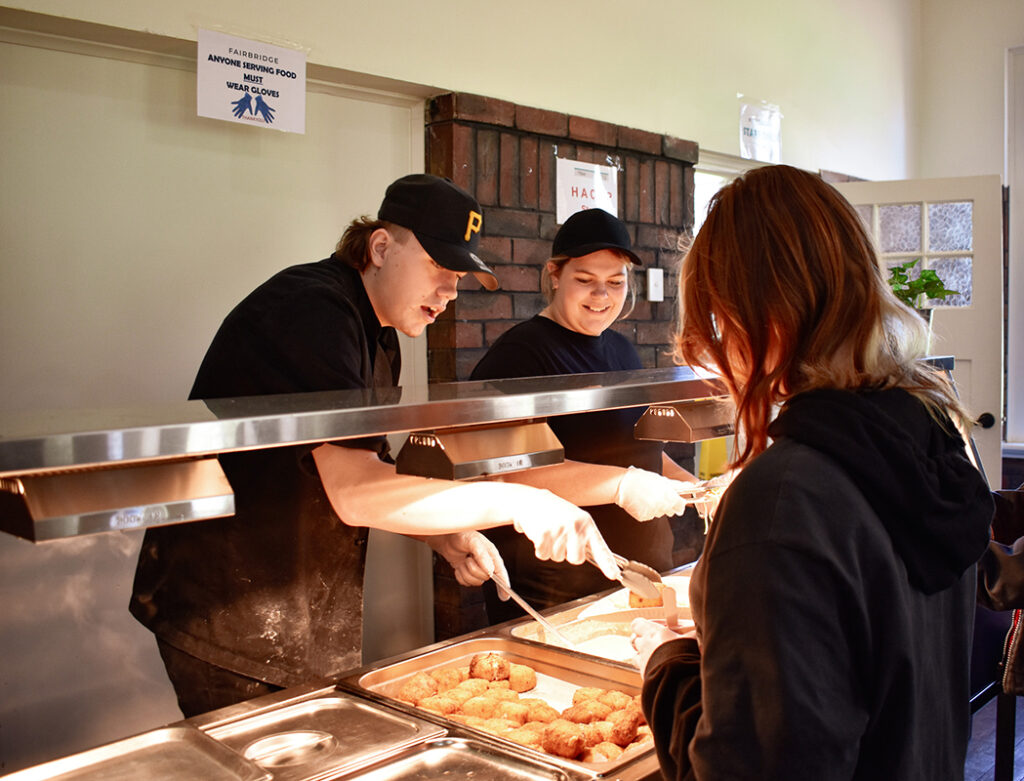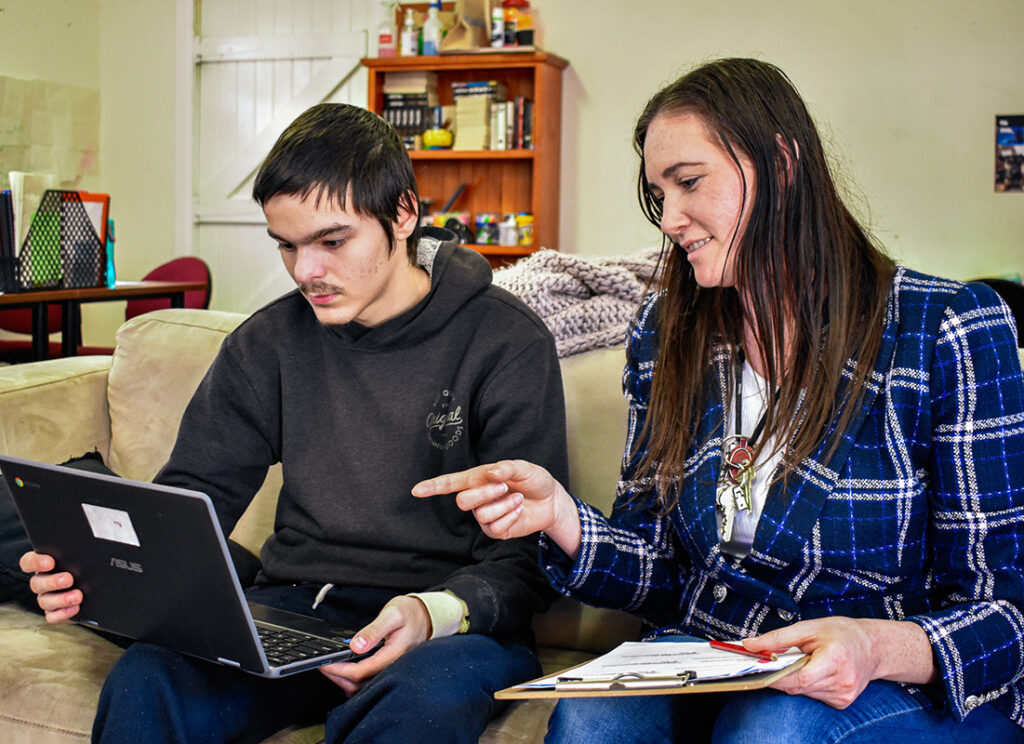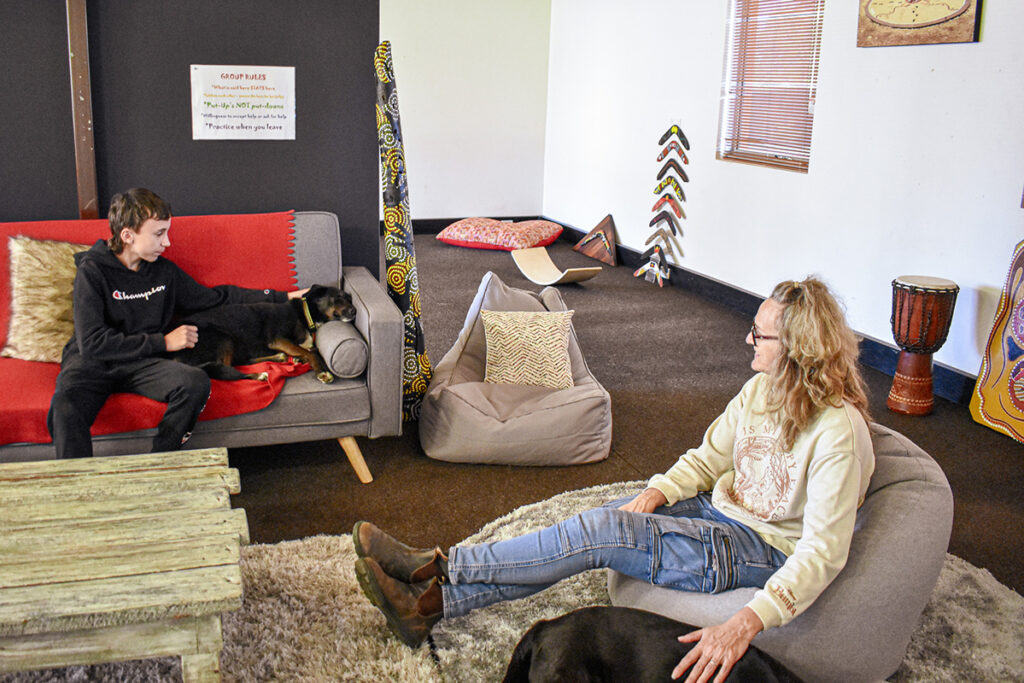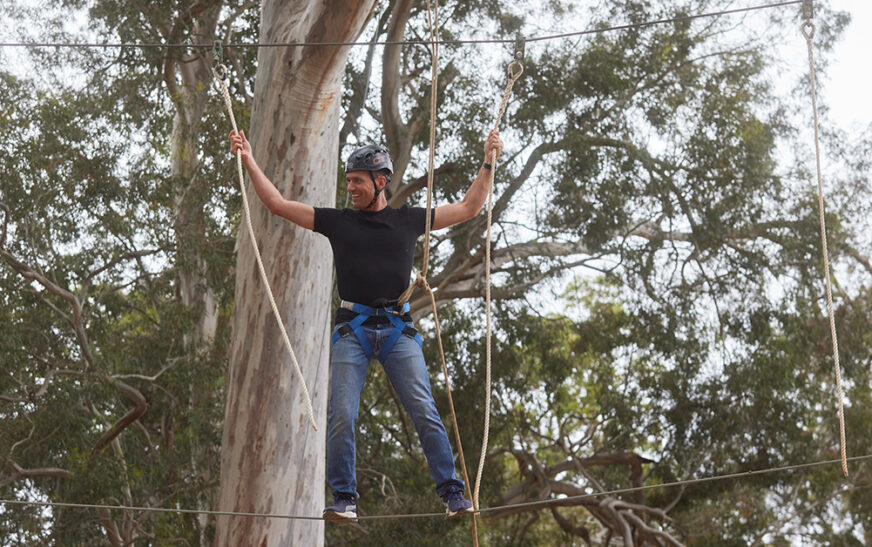
While traditional education focuses on academic subjects, equipping kids with practical skills is crucial for their overall development. These life skills not only help them navigate daily challenges but also prepare them for future independence and success.
The Importance of Life Skills
Life skills encompass a range of abilities that enable individuals to handle everyday tasks, make informed decisions, and interact effectively with others. Teaching children these skills from a young age is vital for several reasons:
Building Independence
One of the primary benefits of learning life skills is fostering independence. When children are equipped with practical skills, they become more self-sufficient and confident in their abilities. This independence is crucial as they transition into adolescence and adulthood, where they must navigate responsibilities like managing finances, cooking, and maintaining personal hygiene.
Enhancing Problem-Solving Abilities
Life skills often involve problem-solving and critical thinking. Children who learn how to approach challenges logically are better prepared to handle obstacles in their personal and academic lives. These skills empower them to analyse situations, make decisions, and learn from their mistakes, which is essential for growth.
Promoting Social Skills
Social skills are another critical aspect of life skills education. Teaching children how to communicate effectively, collaborate with peers, and resolve conflicts prepares them for successful interactions in various social settings. These skills not only help them form healthy relationships but also enhance their emotional intelligence, enabling them to empathise with others.
Preparing for the Workforce
As children grow older, the importance of life skills becomes even more apparent in the context of employment. The modern workforce demands a range of skills beyond technical knowledge, including teamwork, communication, and time management. By instilling these skills early on, we equip children with a competitive edge in their future careers.

Essential Life Skills for Children
While the list of life skills is extensive, some key skills should be prioritised for children as they grow. These skills can be grouped into various categories:
Daily Living Skills
Daily living skills are foundational for independence and self-care. Children should learn how to:
- Cook simple meals: Understanding basic cooking techniques promotes healthy eating habits and reduces reliance on takeaways.
- Manage personal hygiene: Teaching kids about proper hygiene practices instils lifelong habits that contribute to their health.
- Do laundry: Learning how to wash, dry, and fold clothes helps children take responsibility for their personal belongings.
- Budgeting and saving: Introducing basic financial literacy early on can set the groundwork for responsible money management later in life.
Communication Skills
Effective communication is essential for success in both personal and professional contexts. Children should learn to:
- Express themselves clearly: Encouraging children to articulate their thoughts and feelings enhances their ability to convey ideas.
- Listen actively: Teaching children the importance of listening fosters respectful conversations and builds empathy.
- Resolve conflicts: Providing strategies for conflict resolution enables children to navigate disagreements without escalating tensions.
Emotional Skills
Emotional intelligence is increasingly recognised as a key component of success. Children should be encouraged to:
- Identify and manage their emotions: Helping children recognise their feelings equips them to cope with challenges and stress.
- Develop resilience: Teaching children how to bounce back from setbacks builds their ability to persevere through difficulties.
Strategies for Teaching Life Skills
Parents and educators play a crucial role in teaching life skills. Here are some effective strategies to support this learning process:
Hands-On Learning
Children learn best through hands-on experiences. Involve them in everyday tasks, such as cooking, cleaning, or budgeting. For instance, let them assist in meal preparation to teach cooking skills and healthy eating habits simultaneously. This hands-on approach helps reinforce lessons and allows children to practice their skills in a real-world context.
Create a Safe Environment for Mistakes
Encouraging children to take risks and make mistakes is essential for their growth. Create a safe environment where they can experiment and learn from their experiences without fear of failure. This approach nurtures resilience and reinforces the idea that mistakes are part of the learning process.
Use Real-Life Scenarios
Incorporate real-life scenarios into discussions and activities. For example, you might simulate a shopping experience where children must budget for groceries. This practical application of skills makes the learning process engaging and relevant, preparing them for real-life situations.
Promote Collaboration
Encourage teamwork and collaboration by engaging children in group activities. Whether it’s working on a project or solving a problem together, collaborative experiences help develop communication and interpersonal skills.

Conclusion
Teaching life skills to children is a critical investment in their future. By equipping them with the tools they need to navigate daily challenges, we foster independence, enhance problem-solving abilities, and promote social skills.
As parents and educators, it is our responsibility to create an environment that supports the development of these essential skills. By starting early and providing hands-on learning experiences, we can ensure that children are well-prepared for the complexities of life, ultimately leading to their success and well-being.










